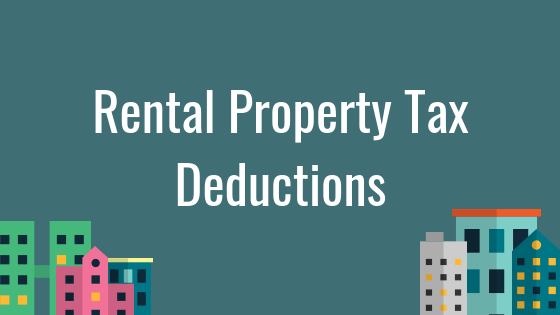Rental Property Tax Deductions - Your Lake Martin Investment Property
From finding
tenants to fixing faucets, renting out a home in the Lake Martin area can be A LOT of work. If that
doesn’t dissuade you, you’ll appreciate collecting the rent checks and taking
advantage of tax deductions. In fact, you can use many rental property expenses
to offset your rental income. IRS Publication 527 has all the details (check
them out on IRS website)!
WRITING OFF
RENTAL HOME EXPENSES
Many rental
home expenses are tax deductible. Save receipts and any other documentation and
take the deductions on Schedule E. Figure you’ll spend four hours a week, on
average, maintaining a rental property, including recordkeeping.
In general,
you can claim the deductions for the year in which you pay for these common
rental property expenses:
- - Advertising
- - Cleaning and maintenance
- - Commissions paid to rental agents
- - Home owner association/condo dues
- - Insurance premiums
- - Legal fees
- - Mortgage interest
- - Taxes
- - Utilities
Less obvious
deductions include expenses to obtain a mortgage and fees charged by an
accountant to prepare your Schedule E. And don’t forget that a rental home can
even be a houseboat or trailer, if there are sleeping, cooking and bathroom
facilities. Moreover, the location of the rental home doesn’t matter. It could
even be outside the United States.
LIMITS ON
TRAVEL EXPENSES
You can
deduct expenses related to traveling locally to a rental home for such
activities as showing it, collecting rent or doing maintenance. If you use your
own car, you can claim the standard mileage rate, plus tolls and parking. For
2015, it was 57.5 cents per mile.
Traveling
outside your local area to a rental home is another matter. You can write off
the expenses if the purpose of the trip is to collect rent or, in the words of
the IRS, “manage, conserve or maintain” the property. If you mix business with
pleasure during the trip, you can only deduct the portion of expenses that
directly relates to rental activities.
REPAIRS VS.
IMPROVEMENTS
Another area
that requires rental home owners to tread carefully is repairs vs. improvements.
The tax code lets you write off repairs – any fixes that keep your property in
working condition – immediately as you would other expenses. The costs of
improvements that add value to a rental property or extend its life must
instead be depreciated over several years. (More on depreciation below.)
Think of it
this way: Simply replacing a broken window pane counts as a repair but
replacing all of the windows in your rental home counts as an improvement.
Patching a roof leak is a repair; re-shingling the entire roof is an
improvement. You get the picture.
DECIPHERING
DEPRECIATION
Depreciation
refers to the value of property that’s lost over time due to wear, tear and
obsolescence. In the case of improvements to a rental home, you can deduct a
portion of that lost value every year over a set number of years. Carpeting and
appliances in a rental home, for example, are usually depreciated over five
years.
You can bring
depreciating the value of the entire rental property as soon as the rental home
is ready for tenants and you hold it out for rent, even if you don’t yet have
any tenants.
10 ways to save money on tenant turnover


Comments
Post a Comment